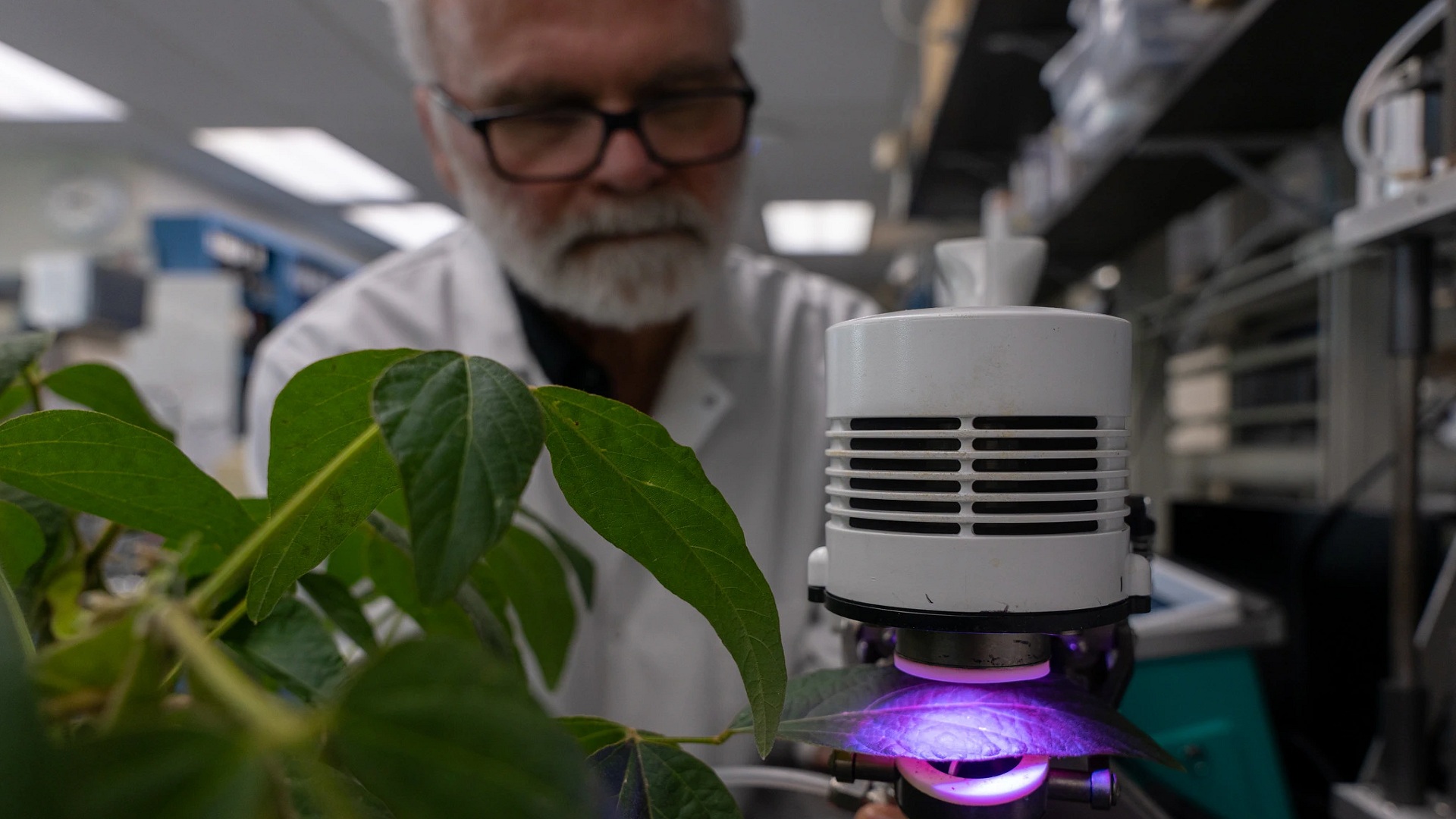Plant chemical repels bugs but worsens air quality, study shows

Source: interestingengineering
Author: @IntEngineering
Published: 6/19/2025
To read the full content, please visit the original article.
Read original articleA recent study by Michigan State University researchers has uncovered that isoprene, a natural chemical emitted by certain plants, serves as an insect-repellent defense mechanism. Through greenhouse experiments with genetically modified tobacco plants, scientists observed that insects like whiteflies and hornworms avoided or were weakened by plants emitting isoprene. The chemical itself does not directly harm the insects; rather, it triggers an increase in the plant’s jasmonic acid, a hormone that disrupts insect digestion and growth. Additionally, soybeans—previously thought to have lost the ability to produce isoprene—were found to release it in small amounts when their leaves are damaged, indicating a stress-activated defense mechanism.
While isoprene helps protect plants from pests, it also contributes to air pollution. Isoprene is a volatile hydrocarbon that reacts with sunlight and nitrogen oxides from human activities, leading to the formation of ozone and other pollutants that degrade air quality. This dual role presents a dilemma for agriculture and environmental
Tags
materialsplant-chemistryair-pollutionisopreneinsect-repellentenvironmental-scienceplant-defense-mechanisms